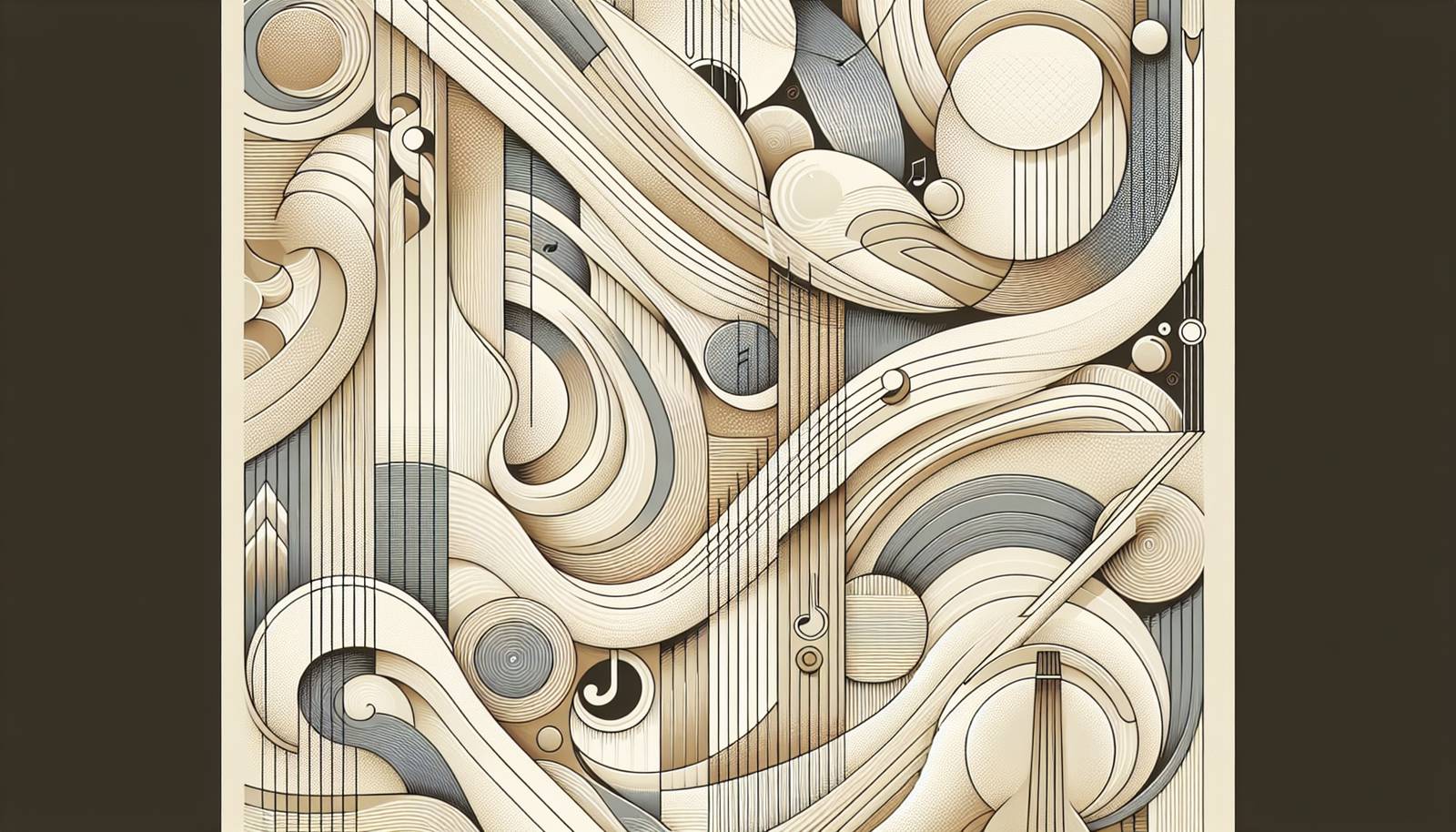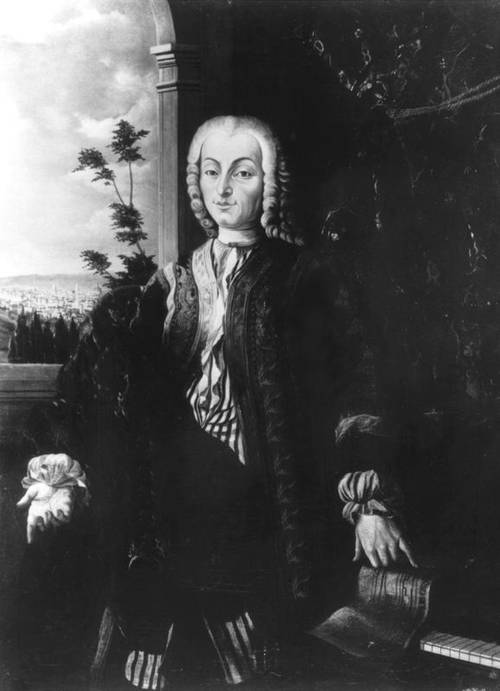
FAQ About Bartolomeo Cristofori

Who was Bartolomeo Cristofori?
Bartolomeo Cristofori was an Italian instrument maker, best known for inventing the piano. He was born on May 4, 1655, in Padua, Republic of Venice, and passed away on January 27, 1731. Cristofori's work laid the foundation for the development of modern pianos and had a significant impact on music composition and performance.

What is Bartolomeo Cristofori most famous for?
Bartolomeo Cristofori is most famous for inventing the piano. His creation, originally called the "gravicembalo col piano e forte" (harpsichord with soft and loud), evolved over time into the modern piano we know today. Cristofori's invention allowed for dynamic variation in music performance, which was not possible with earlier keyboard instruments.

When did Bartolomeo Cristofori invent the piano?
Bartolomeo Cristofori invented the piano around the year 1700. His innovative design incorporated a hammer mechanism that allowed musicians to control the volume of sound, a key feature that differentiated the piano from other keyboard instruments of the time.

How did Cristofori's invention change music?
Cristofori's invention of the piano introduced the ability to play both loud and soft notes, allowing for greater expressive capability in music. This dynamic range enabled composers and performers to create more nuanced and emotionally rich music, fundamentally changing the landscape of musical composition and performance.

What was the original name of the piano invented by Cristofori?
The original name of the piano invented by Bartolomeo Cristofori was "gravicembalo col piano e forte," which translates to "harpsichord with soft and loud." This name reflects the instrument's unique capability to play notes with varied dynamics.

Where did Bartolomeo Cristofori work during his life?
Bartolomeo Cristofori worked primarily in Florence, Italy. He was employed by Prince Ferdinando de' Medici, the son of the Grand Duke of Tuscany, where he served as a musical instrument technician and innovator. His innovations during this time led to the invention of the piano.

What were Cristofori's contributions to musical instruments?
In addition to inventing the piano, Cristofori made significant improvements to the harpsichord and other keyboard instruments. He developed advanced mechanisms for stringed instruments that improved their sound quality and responsiveness, greatly contributing to the evolution of keyboard music.

How many pianos did Cristofori build?
It is believed that Bartolomeo Cristofori built about 20 pianos during his lifetime. However, only three of these original pianos are known to have survived to the present day.

Where can Cristofori's original pianos be seen today?
The surviving pianos built by Bartolomeo Cristofori are housed in prominent museums: one is at the Museum of Musical Instruments in Rome, Italy, another at the Musikinstrumenten-Museum of Leipzig University in Germany, and the third at the Metropolitan Museum of Art in New York City, USA.

What innovations in Cristofori's piano made it unique?
Cristofori's piano was unique due to its hammer action mechanism which allowed players to vary the volume of sound. This was achieved by striking strings with hammers, as opposed to the plucking mechanism of the harpsichord. These innovations enabled more expressive and dynamic performances.

How did Cristofori's piano differ from the harpsichord and clavichord?
Unlike the harpsichord, which plucked strings, or the clavichord, which struck strings with a tangent, Cristofori's piano used hammers to strike strings. This design allowed musicians to vary the volume (dynamics) of their performance, which was not possible with the earlier instruments.

Why was Cristofori's invention not immediately popular?
Initially, Cristofori's piano was not widely adopted because its complexity and cost made it less accessible compared to simpler and more established instruments like the harpsichord. It took several decades for the piano to gain popularity, helped by further refinements by later inventors and growing interest in more expressive musical compositions.

How is Bartolomeo Cristofori's legacy viewed today?
Today, Bartolomeo Cristofori is celebrated as a pioneer in musical instrument design. His invention of the piano is considered a monumental milestone in music history, influencing centuries of musical composition and performance, and his work remains highly respected among musicians and historians.

What made Cristofori's piano mechanism innovative?
Cristofori's piano mechanism was innovative primarily due to its "escapement" mechanism that allowed the hammer to fall away from the string immediately after striking it. This design prevented the hammer from damping the sound, enabling clearer, resonant notes and allowing for rapid repetition of the same note.

Who employed Bartolomeo Cristofori?
Bartolomeo Cristofori was employed by Ferdinando de' Medici, the Prince of Tuscany. Cristofori worked in the prince's court, where he had the freedom and resources to experiment with and develop new musical instruments, including the piano.

What other instruments did Cristofori work on?
Apart from the piano, Bartolomeo Cristofori also worked on improving the harpsichord and other stringed and keyboard instruments. His innovations in these fields contributed significantly to the technology and sound quality of musical instruments available during his time.

How did Cristofori's work influence later musical instrument makers?
Cristofori's innovations set a foundation for future advancements in piano design. His work influenced subsequent instrument makers such as Gottfried Silbermann and Johann Andreas Stein, who further developed the piano mechanism, enhancing its popularity and leading to the instrument's central role in Western classical music.

Did Cristofori have any patents for his inventions?
There are no records of Bartolomeo Cristofori having filed any patents for his inventions. During his time, patent laws were not as developed as they are today, and many inventors shared their designs and improvements through word of mouth or documentation in workshops.

What specific challenges did Cristofori overcome in his invention?
Cristofori overcame several technical challenges, including designing a mechanism that allowed hammers to strike strings and then immediately fall away to let the strings vibrate freely. He developed the "escapement" mechanism and devised a way to control the dynamic range, which were significant achievements for the time.

How is Cristofori commemorated today?
Bartolomeo Cristofori is commemorated through various musicological studies, exhibitions, and acknowledgments by musical institutions. His contributions are often highlighted in the history of musical instruments and piano development courses, reflecting his enduring impact on music.
